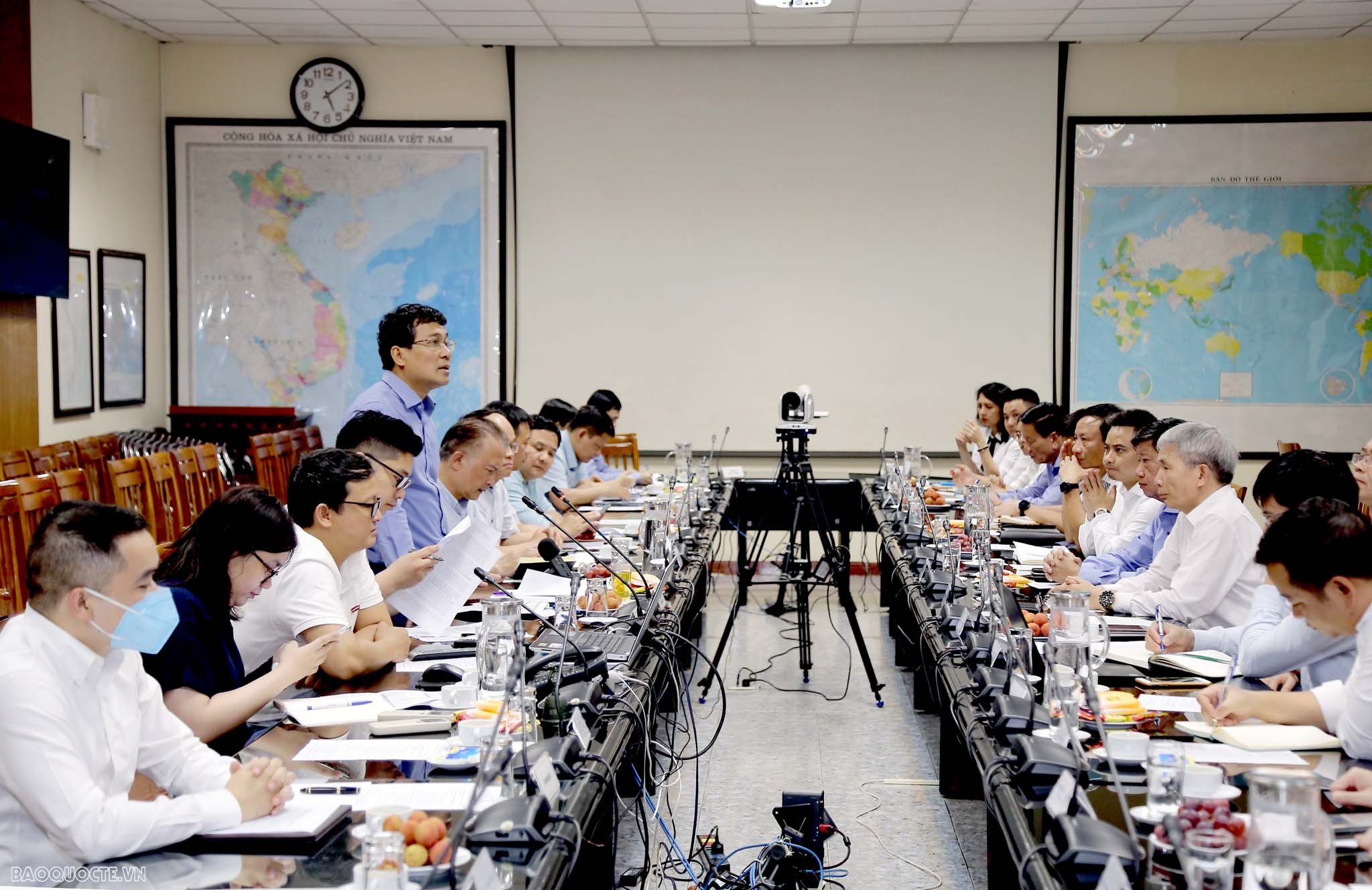 |
| Overview of the Economic Diplomacy Steering Committee meeting. (Photo: Quang Hoa) |
Foreign Affairs "resolves difficulties" for wood businesses
On May 22, Permanent Deputy Minister of Foreign Affairs Nguyen Minh Vu chaired a meeting between the Steering Committee for Economic Diplomacy and Vietnamese representative agencies abroad to assess the challenges, opportunities and impacts of new policies and regulations of markets on the wood and forestry industry, and discuss solutions to support the wood and forestry industry to promote exports and expand markets.
According to Mr. Do Xuan Lap - Chairman of the Vietnam Timber and Forest Products Association (VIFOREST), the export of wood and wood products is in an extremely difficult context. Data from the General Department of Customs shows that the export turnover of wood and wood products in the first 4 months of 2023 to major markets such as the US, Japan, South Korea, China, UK, and Australia all decreased sharply from 1.5% - 39.7% compared to the same period in 2022.
Similarly, the European market (EU) has decreased by 60%, new orders are currently very few, although it is currently the EU's export season. In the face of these negative developments, the Vietnam Timber and Forest Products Association proposed focusing on three main markets: North America; the UK and Europe (EU); and the Northeast Asian market.
Not only has export turnover declined, but the wood industry is currently facing two trade defense cases related to plywood and kitchen cabinets initiated by the US, and the case has been dragging on for too long.
"The investigation into plywood products has been extended for the seventh time, and has lasted for three years, seriously affecting Vietnamese plywood businesses. More worryingly, American buyers are shifting to buying from other markets. Therefore, intervention and lobbying are needed to resolve the lawsuits fairly," Mr. Do Xuan Lap suggested.
The leader of the Vietnam Timber and Forest Products Association said that for the wood industry, trade disputes mainly occur related to origin evasion - transshipment. Therefore, the Government and the Ministry of Foreign Affairs have specific solutions to prevent the trend of being sued when there is a shift of the supply chain to Vietnam for products that have been subject to anti-subsidy and anti-dumping taxes. At the same time, control origin evasion, limit foreign direct investment (FDI) projects in the production of products that have been subject to anti-dumping taxes.
Wood industry enterprises request that Vietnamese representative agencies abroad convey to international partners the message of Vietnam's efforts and commitments in ensuring origin and readiness to meet environmental standards of markets, contributing to the development of a sustainable wood industry.
Along with that, update market information, warn of policy changes that have a direct impact on the wood industry and advise on appropriate response measures; mobilize countries to resolve investigations and fair trade defense cases against Vietnamese enterprises.
In his concluding remarks at the Conference, Deputy Minister Nguyen Minh Vu requested that associations and businesses provide representative agencies with specialized information and large-scale wood fairs to connect international businesses.
In addition, representative agencies continue to make efforts and be sensitive in supporting the wood industry to expand and diversify markets, especially potential markets with room for growth such as India, Eastern Europe, and the Middle East; closely coordinate with businesses to improve prevention effectiveness, take advantage of political and diplomatic relations to support the satisfactory resolution of disputes and trade defense, and protect the legitimate interests of Vietnamese businesses.
In the coming time, the Ministry of Foreign Affairs will continue to closely follow the directions of the Government and the Prime Minister, organize economic diplomacy meetings with the participation of ministries, branches, localities, associations, and enterprises to promote two-way information work and promptly support the removal of difficulties of key sectors and fields, effectively implement Directive No. 15-CT/TW of the Secretariat on economic diplomacy for development until 2030 and the Government's Action Program for the period 2022-2026 to implement Directive No. 15-CT/TW.
Key seafood products decline, canned fish suddenly "upgrades"
Vietnam's seafood exports to key markets continued to decline sharply in April 2023, reflecting the impact of inflation and economic downturn in countries on seafood import and consumption demand.
According to the Vietnam Association of Seafood Exporters and Producers (VASEP), in April 2023, seafood exports to the US decreased the most, by 53%, to the EU by 40%, to China by 40%, to South Korea by 30% and to Japan by 15%. Only a few markets showed positive signs in April. Of which, exports to the UK increased slightly by 1%, to Russia by 25%, to Israel by 21%, to Brazil by 5%, and especially to Saudi Arabia by 67%.
VASEP assessed that major export items were still in a state of negative growth in April, in which tra fish exports decreased the most, minus 52%, shrimp decreased by 35%, tuna decreased by 38% and octopus and squid decreased by 11%.
Other marine fish products tend to be more positive, with a slight decrease of only 6.3% compared to the same period last year. Notably, while seafood exports decreased, dried and canned fish products became bright spots, recording higher export turnover compared to the same period.
Figures from VASEP show that in April 2023 alone, exports of various types of dried marine fish increased by 65% to nearly 26 million USD. In the first 4 months of the year, this product earned nearly 78 million USD, an increase of 33% over the same period last year. The two most popular types of dried Vietnamese fish today are anchovies and yellowstripe scad. Of which, anchovies account for 66%, yellowstripe scad accounts for 14%.
The top 5 markets consuming the most dried fish from Vietnam are China (56%), Russia (17%), Malaysia (8%), Hong Kong (China) (4%) and South Korea (3%). Results from the first 4 months of this year show that only Malaysia has reduced its demand for dried fish from Vietnam, the remaining 4 markets have increased imports, of which China increased by 72%, Hong Kong (China) increased by 59%.
In addition, many other markets also increased their imports of dried fish from Vietnam in the first four months of the year: specifically, Taiwan (China) increased by 45%, Romania increased by 90%, Australia increased by 10%, and Lithuania increased by 61%.
According to Ms. Le Hang, Communications Director of VASEP, the export of dried fish products from Vietnam has clearly shown that in an inflationary environment, consumers have changed their habits, as prices influence their purchasing behavior.
Accordingly, fresh/live products are gradually being replaced by dried and canned goods. Therefore, seafood suppliers now, in addition to the pressure to adjust prices to be attractive, also have to pay attention to increasing product services to stimulate demand. For example, with fish products, many distributors in the world are focusing on providing cut fish, pre-seasoned, processed for instant food or pre-packaged with spices and processing instructions...
47 more durian growing area codes licensed by China
The Plant Protection Department (Ministry of Agriculture and Rural Development) said that the Department has received a document from the General Administration of Customs of China (GACC) announcing the results of reviewing the remedial records of durian growing area codes and facilities that failed the online inspection in January 2023.
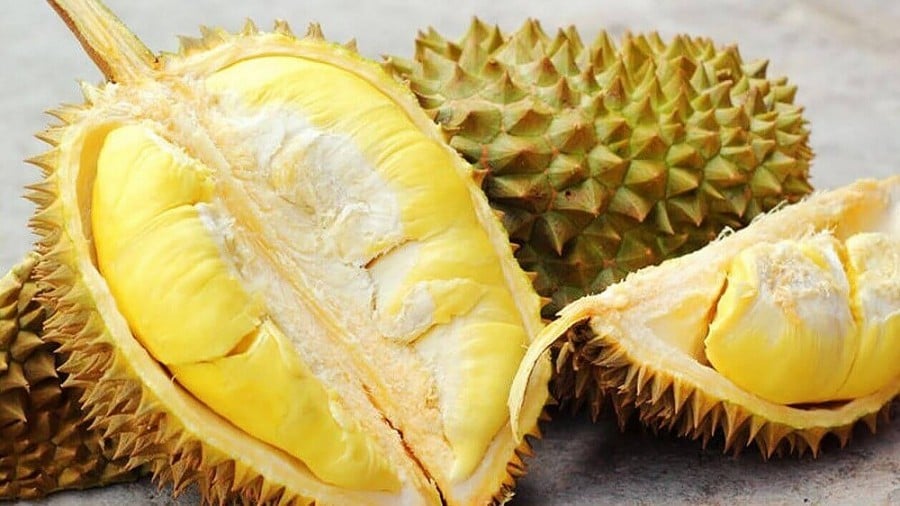 |
| To date, Vietnam has 293 growing areas and 115 packaging facilities that have been granted official export codes to the Chinese market by China. (Source: Customs Newspaper) |
As a result, 47/51 growing areas and 18 packaging facilities met the requirements and were given codes by the General Administration of Customs of China. The rectification records of 4 growing areas did not meet the requirements because the submitted records did not include enough information and the images were not clear, so the other side could not evaluate the improvement and progress.
Thus, up to now, Vietnam has 293 growing areas and 115 packaging facilities that have been granted official export codes by China to this market.
Currently, the Plant Protection Department is working with the General Administration of Customs of China to agree on the next online inspection schedule for about 400 growing areas and 60 durian packing facilities that have been sent to your side.
After agreeing on the schedule and content of the inspection, the Department will notify the localities to proactively prepare and coordinate with the Department and the General Administration of Customs of China to implement according to the plan of the General Administration of Customs of China.
Source



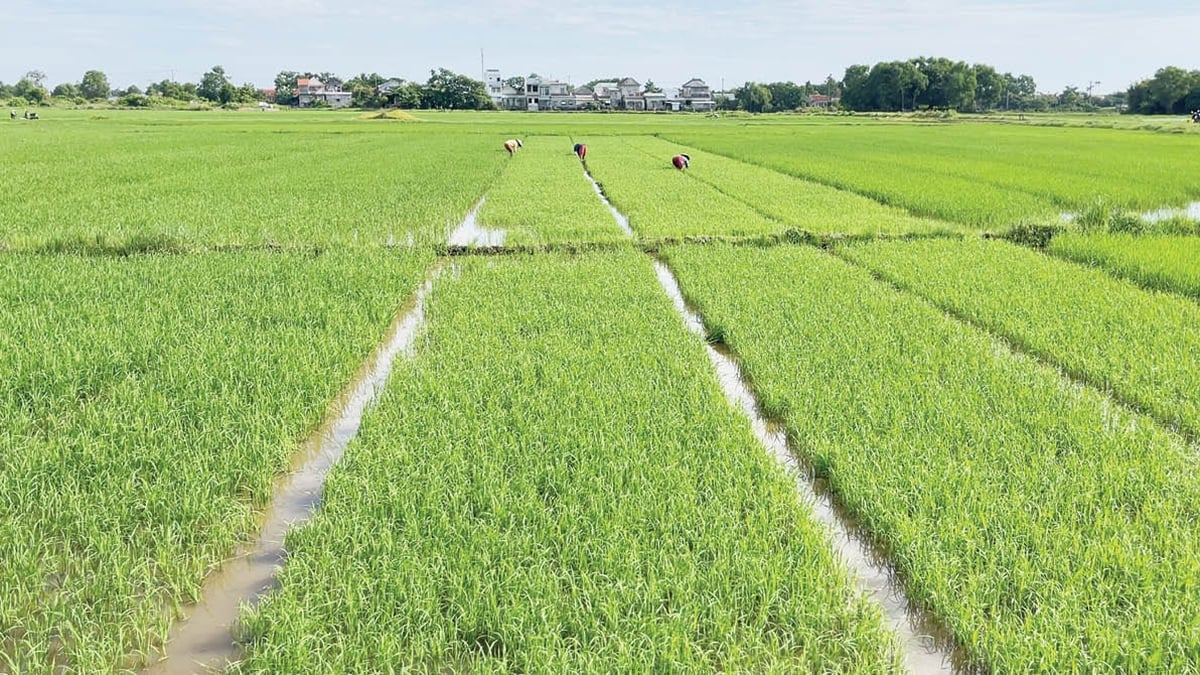




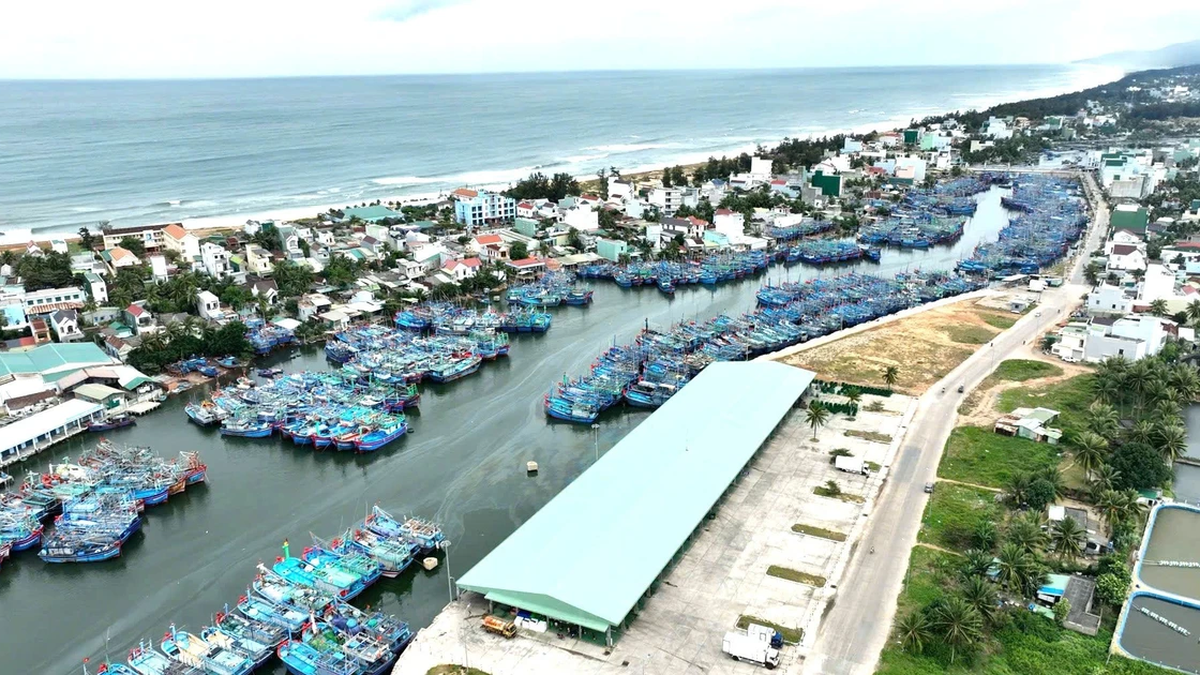
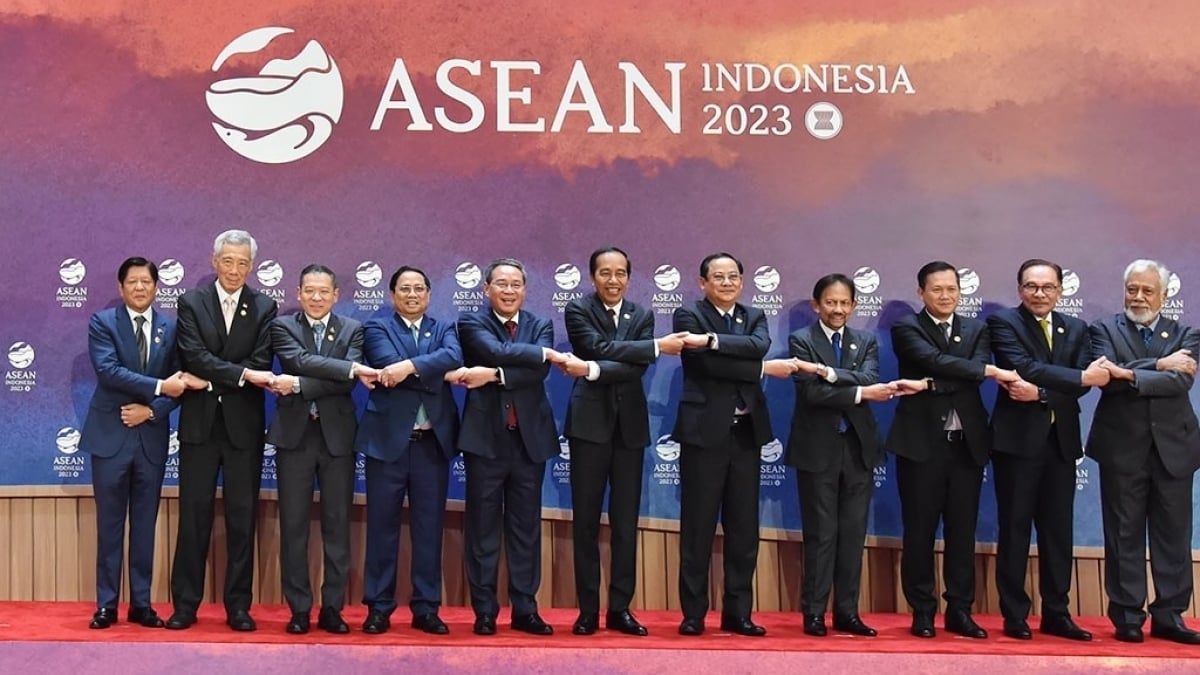
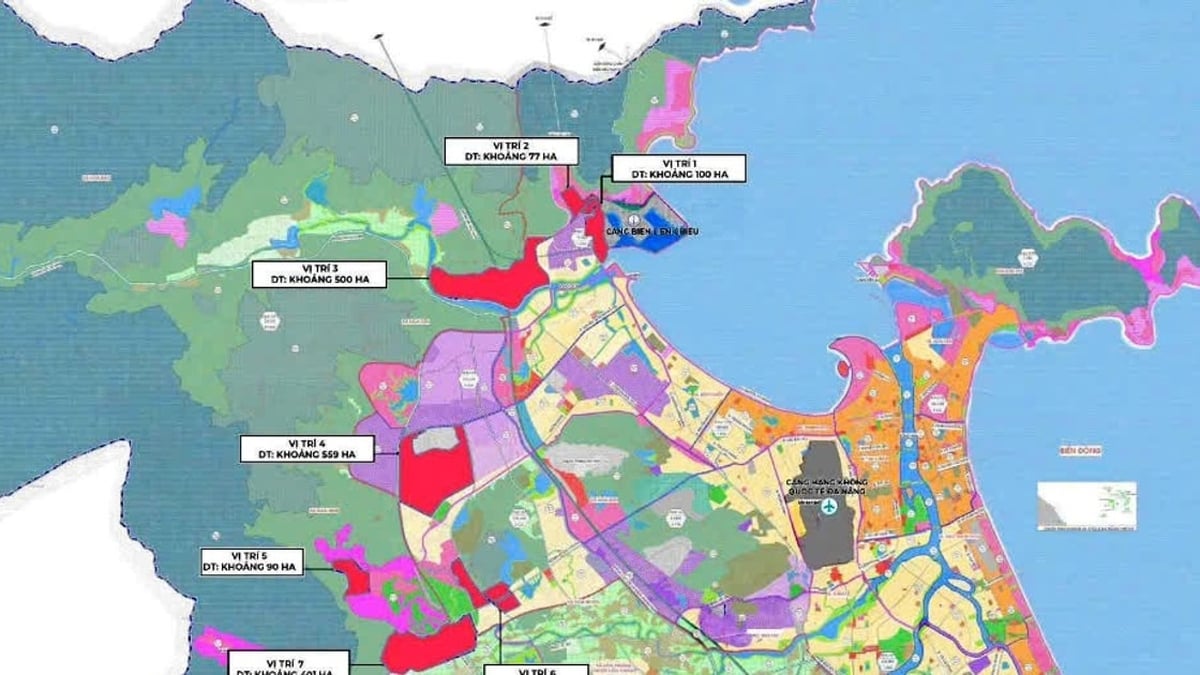
























































































Comment (0)